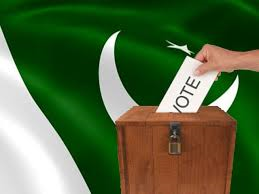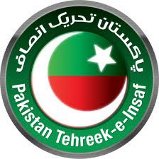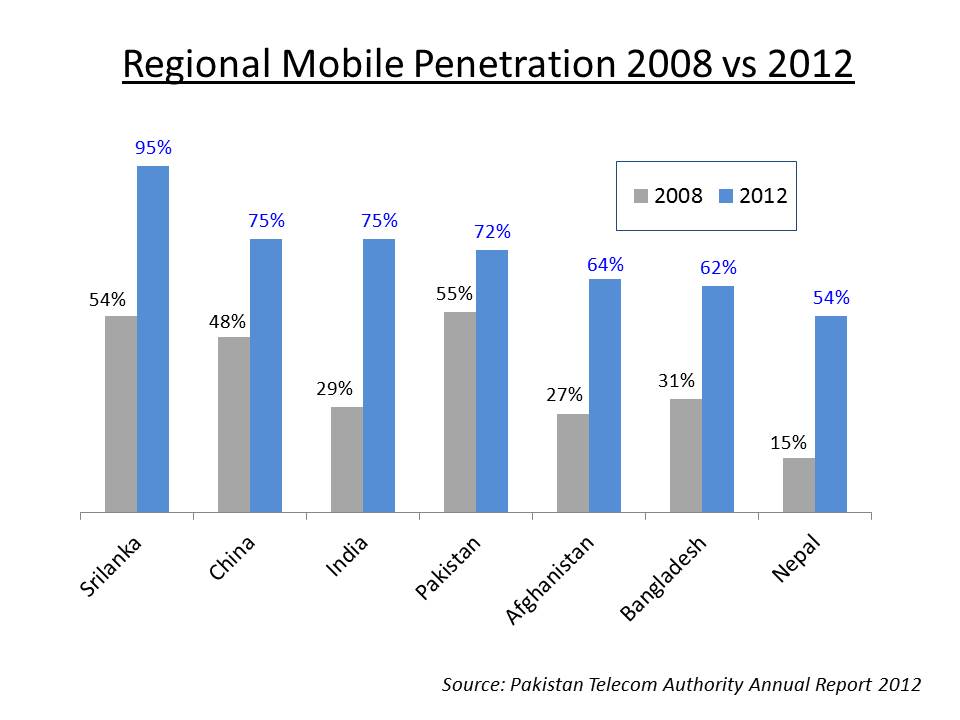
PPP
“Information and Communications, Science and Technology” are clubbed together with about 270
words given to the chapter in the 74-page PPP manifesto, within the section on “Infrastructure for the future”. In the Executive Summary part it claims that PPP has been “in the vanguard of building an IT-based future” and it’s government “enacted policies that have resulted in substantial gains in the Internet and cellular technology”. These claims will be disputed by many as the fact is that no new policies were enacted during the last 5 years, in fact there wasn’t even a full-time IT Minister to lead such an initiative.
The manifesto promises “plans for 3G and 4G”, making broadband available all over the country, developing software parks and promoting education and vocational training using ICTs. It also promises developing financial, educational, e-business and other e-services, thus eliminating exclusion of low-income groups. It promises to bridge the digital divide by promoting mass literacy through public–private partnerships. It seeks to utilise ICTs to enhance disaster warning and access to justice. Interestingly it also mentions promoting accountability through ‘biometric attendance’ and cutting governance expenses through video conferencing and paperless workplaces. One also finds mention of IT in another section in the manifesto, that of ‘Inclusive and Equitable growth’.
There is something intriguing about two of the promises in PPP’s manifesto – setting up 250 ICT centers in smaller cities plus taking IT sector trade to US$ 5 billion. The intriguing aspect is that PML N manifesto also promises both these things – with exactly double the quantities!
In 2008 Pakistan was ahead of all its neighbors, but then India, Sri Lanka and China have surged ahead. Even the other countries that are still behind (Afghanistan, Bangladesh and Nepal) show much higher growth than Pakistan.
PTI
To be honest I was expecting PTI would have the most to say on ICT – due to PTI’s focus
on youth and their strong presence on social media. But I what I saw were little more than a 100 words in a rather short 31-page manifesto. It promises to sustain “The recent progress in the access to Internet facilities…”. But unfortunately ICT professionals like me do not think much about the “recent progress” (as an example see the figure given at the end to see what happened in the cellular arena, where Pakistan was ahead of others).
The manifesto promises a few ‘reforms’ that PTI would initiate – like making PTA (Pakistan Telecom Authority) more autonomous, providing free internet to private recognized IT institutes and Universities, and increased foreign currency holding ceiling for software exporters. Interestingly PTI manifesto also talks about streamlining Rules “to eliminate discrimination and provide a level playing field between government-owned and private telecom companies”. By government-owned telecom companies, it probably means PTCL and Ufone?
In addition in a couple of sections other than ICT itself, utilisation of ICTs is mentioned (like Tele-medicine, Tele-agriculture and computerization of land-records).
PML N
In PML N manifesto IT and e-Government are both covered in
the same chapter (about 900 words in 84+ page manifesto). It promises building Information society and knowledge economy on four pillars (Governance, Public Services, Local Software and Technology). It promises establishment of an eGovernment portal and introducing ICTs at operational levels of the government – in law-enforcement, judiciary, health, education, manufacturing, taxation and transportation sectors. It promises the familiar IT labs and laptops for education and promoting ecommerce and online availability of information for the citizens. Interestingly it promotes 4G over 3G, claiming that 3G window of opportunity has passed (?) and promises to leverage cell phones for seeking feedback from citizens.
PML N targets US$10 billion as software export by 2020 through, among other things, giving incentives to industry like start-up assistance to software houses and “revising IT curriculum”. It speaks of setting up excellence centers with ICT R&D Fund money and bridging the digital divide by “improving USF”, setting up WiFi hotspots and 500 (why only 500?) ICT centers in smaller towns. PML N manifesto also promises prevention of cyber-crimes and respect for Intellectual Property Rights.
IT and its elements are mentioned at several other places in the document, like in sections about Economic Revival, Tax Reforms, Civil Service Reforms, Revival of Confidence, Education, Youth, Democratic Governance, Science & Technology, Employment, Corruption and Accountability.







I guess, the manifesto of PML (Q) also needs to be analysed as history will remember the name of Mr. Awais Ahmad Laghari, Ex-Minister for IT for its contribution in shaping the telecom sector in Pakistan. We may argue that all was set to exploit but the real thing is the will to do and decide for the benefit of the industry.
The PPP just managed to sustained the recent growth patterns and so do the PTI’s plan. In fact, telecom sector needs real reforms again and for the purpose, strong Minister is required to create an environment of trust among industry operators and Government where decisions should be aimed at industry growth rather than “security” or “financial gain”.
My humble comments please.
Anyways, excellent work done and quite informative.
Regards
I have gone through this analysis and I must say that I totally agree with it.
PPP:
I did not expect much from PPP. This is not based upon any political affiliation rather it is purely based upon their performance during the last five years which is pathetic to say the least.
PTI:
I must say I expected more focus from them on this topic and it appears like PPP they also do not realize the potential of this very important field. ICT has been a major source of not only foreign investment but also proving direct or indirect jobs to thousands of families.In addition our leading position in this area provided ample opportunities to our talented engineers to secure important positions in leading organizations in the region.
PML-N:
Since I am wirintg my comments at a time when we are expecting a PML-N government in teh centre and also in teh biggest province of Pakistan.Instead of commenting on their manifesto I simply hope and pray that they take wise steps in promoting the ICT industry ion Pakistan.First step in case of Telco industry would be launching 3G/4G.
This can be beneficail in teh following ways:
1.Creating source of funds for PAkistani Govwernment
2.may create interest of major palyers in Pakistani Telco market again
Last five years have been one of the worst tenure for ICT in Pakistan.From a leading position in the region in 2008 we are now no where.
Whenever I sit and try to analyze and find out any logical reasoning why Pakistan did not go for 3G auction during the last five years I simply fail to come up with even one reason.
This has resulted in major players losing interest in the Pakistani market and trying to limit their presence in the market even worst they are thinking of leaving teh market.This delay has alrewady resulted in a lot of Lay-offs which a country like Pakistan cannot afford.Our leadin position placed our talented engineers in a very good positions in any upcoming positiions in teh region which
rsulting in lack of interest of multinationals